It seems as if shrines are associated with many different religions.....so what is a shrine and what do they mean for the people who visit them?
China
 Japan
Japan
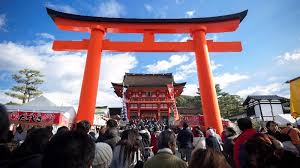
Iran
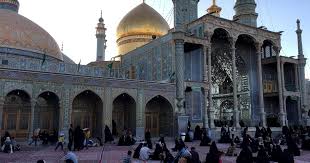 Lourdes
Lourdes

Bankok
 Baha'i
Baha'i
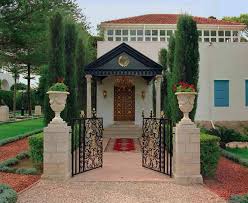
Tibet
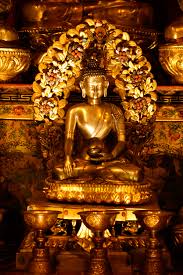 Italy
Italy
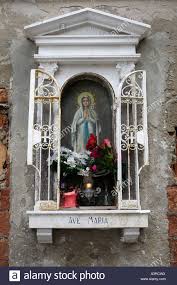
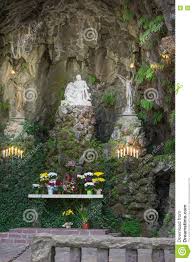
Israel
 Mecca
Mecca
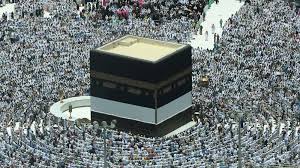
Here are some definitions......
“A place of religious devotion or commemoration, such as:
A site hallowed by association with a revered person or object or with an important event.
Any site or structure used in worship or devotion; esp., an area or a temple or templelike structure used in the worship of one or more deities.
The definition of a shrine is a holy or sacred place, or a small area or monument dedicated to someone, or a place known as the site of a religious occurrence or a historical event.
A holy or sacred place dedicated to a specific deity, ancestor, hero, martyr, saint, or similar figure of awe and respect, at which said figure is venerated or worshipped.
A case, box, or receptacle, especially one in which are deposited sacred relics, as the bones of a saint.
A niche or other setting for a statue, picture, or other object arousing or designed to arouse devotion.
A small area or structure arranged for private devotion.
A place revered as the place of death or burial of a saint or other venerable personage.
A place revered as the site of a reported supernatural apparition, miraculous occurrence, etc.
Any of certain churches or chapels often visited by pilgrims, specif. by those seeking special spiritual help, cures, etc.
A place or structure esteemed for its importance or centrality as in history or the arts.
A place or structure designed as a memorial to someone or something.
A place or object hallowed from its history or associations.
A shrine of art.”
SHRINE | 19 Definitions of Shrine - YourDictionary
Why do people need to see images, or to have 'holy places' in order to worship their gods?
Why is this such a universal thing?
Thoughts?
China
Iran
Bankok
Tibet
Israel
Here are some definitions......
“A place of religious devotion or commemoration, such as:
- A place where devotion is paid to a deity or deities, as in Shinto.
- The tomb of a saint or other venerated person.
- A location where an important event in the life of a holy person is thought to have occurred.
A site hallowed by association with a revered person or object or with an important event.
Any site or structure used in worship or devotion; esp., an area or a temple or templelike structure used in the worship of one or more deities.
The definition of a shrine is a holy or sacred place, or a small area or monument dedicated to someone, or a place known as the site of a religious occurrence or a historical event.
A holy or sacred place dedicated to a specific deity, ancestor, hero, martyr, saint, or similar figure of awe and respect, at which said figure is venerated or worshipped.
A case, box, or receptacle, especially one in which are deposited sacred relics, as the bones of a saint.
A niche or other setting for a statue, picture, or other object arousing or designed to arouse devotion.
A small area or structure arranged for private devotion.
A place revered as the place of death or burial of a saint or other venerable personage.
A place revered as the site of a reported supernatural apparition, miraculous occurrence, etc.
Any of certain churches or chapels often visited by pilgrims, specif. by those seeking special spiritual help, cures, etc.
A place or structure esteemed for its importance or centrality as in history or the arts.
A place or structure designed as a memorial to someone or something.
A place or object hallowed from its history or associations.
A shrine of art.”
SHRINE | 19 Definitions of Shrine - YourDictionary
Why do people need to see images, or to have 'holy places' in order to worship their gods?
Why is this such a universal thing?
Thoughts?
